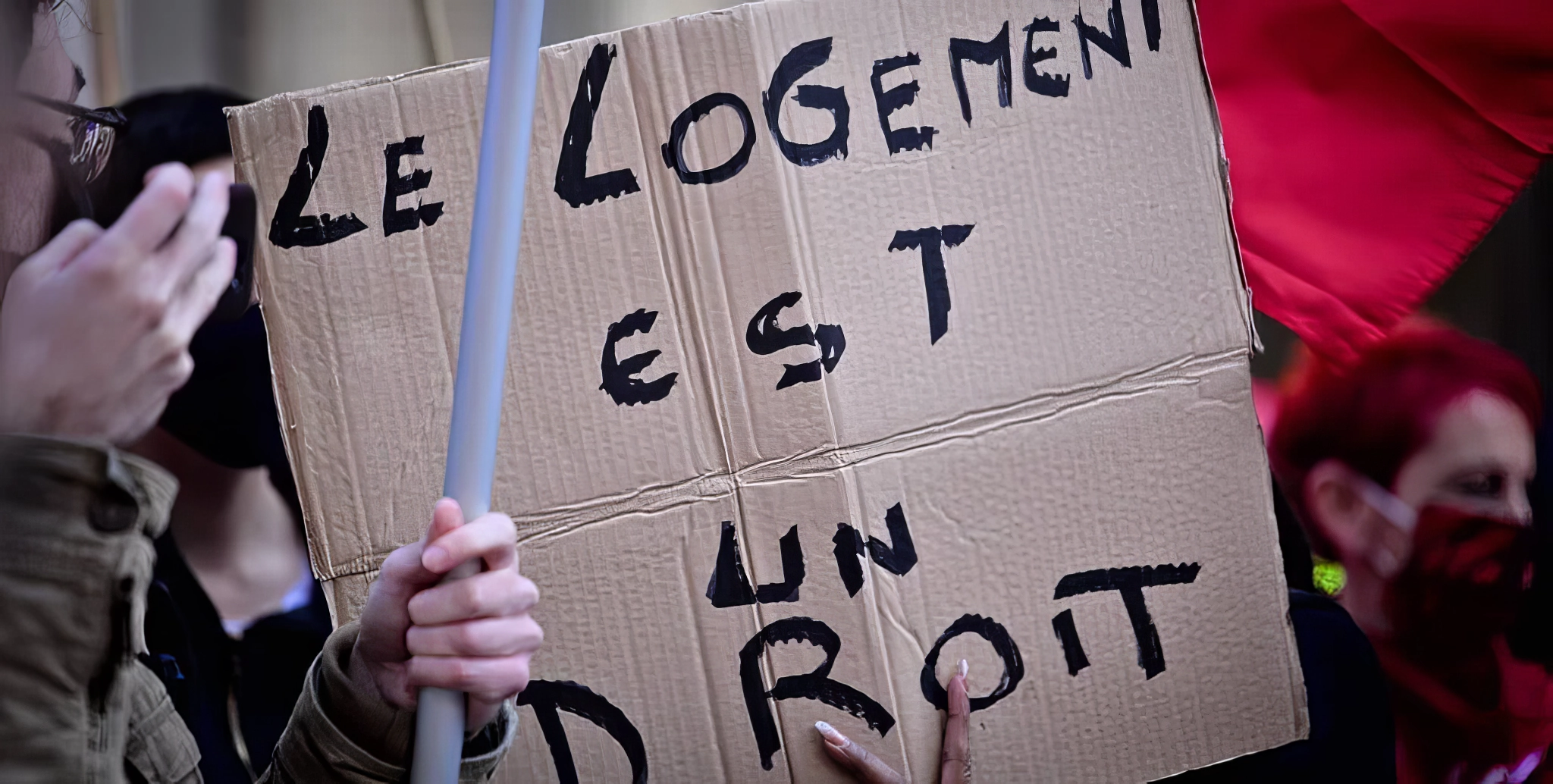At the beginning of June 2023, Quebec housing minister France-Élaine Duranceau announced Bill 31, which was later strongly criticized for favoring landlords over tenants. No surprise there: Minister Duranceau once worked as a real estate agent, going as far as acting as vice president for the Canadian branch of the commercial real estate company, Cushman & Wakefield, a company that manages more than 178 000 units across Canada.
Her nomination in late October 2022 to the position of head of the provincial housing ministry had been met with great unease from housing rights groups, tenants rights groups, and opposition parties.
The new housing ministry, under the control of Mme Duranceau, began a process of ending social housing programs to benefit public funds, subsidizing private landlords through rental subsidies, and enticing private developers and financialized speculators to develop high end, lucrative housing. In return, the state built very little, if any, social or community housing.
Bill 31 follows this same logic, benefiting private landlords and squeezing tenants of their historically gained rights. Here are some of the standout changes that are on the way:
Lease Transfers
Lease transfers are a historic mechanism in the province of Quebec for poor and working class tenants to secure their rental prices, forcing landlords to keep the price of rent to that of the previous tenants. A tenant that had stayed in their apartment for 30 years, keeping the rent as low as possible, could, through following their rights written in the civil code, pass their lease to someone else with only a small window for the landlord to refuse and needing to show a valid reason for the transfer’s refusal.
The amendment to the law, under Bill 31, would allow a landlord, upon receiving a lease transfer from their tenant, to refuse for any non “serious” reasons. This, opens the door to any form of discrimination. Single mothers, immigrants, LGBTQ peoples, anyone can be seen refused a lease transfer purely on the basis of the landlords whims, with no recourse on the part of the leaseholder.
Quebec is the only Canadian province to benefit from this right, and it would effectively cease to exist with Bill 31.

Low Income Housing
In Bill 31, the provincial Housing Ministry gives the authority to the SHQ (Société d’Habitation du Québec) to alienate low income housing projects (in French: habitation à loyer modique, HLM), and sell them to private actors to be able to afford renovations and repairs for other low income housing projects.
The HLM, a once federal housing program having been thrust upon the provinces when the federal government divested from social housing in the 80s, is housing the lowest income workers and citizens of the province. The program has been the victim of critical funding slashes for the past 30 years, and could see its number of units dwindle significantly once this change is enacted, and once again, only to the benefit of private developers.
Housing Tribunal Representatives
Bill 31 contains an amendment that legislates on the rights of tenants and landlords to appoint representatives. At first glance, this curious amendment seems to allow elderly or active tenants to appoint a representative of their choice to defend them before the Trubinal administratif du logement (TAL) when they find themselves in a conflict situation with their landlord.
But before the adoption of Bill 31, if a landlord did not show up to the tribunal and the tenant did, most cases would be dropped, postponed, or continued without possible defense from the landlord’s side. With the changes implemented in Bill 31, landlords can now benefit of not going to the tribunal, mandating an employee, concierge, or anyone else to represent their interests, locking tenants in to having to fight against possible abuses in front of an opponent with far more resources than their own. This, once again, benefits private housing actors.
There are many other, smaller, but nonetheless marking changes to the proposed law: the removal of any mention to social housing with the emphasis on affordable housing, and furthering the PSL program (Programme de Supplément de Loyer), a program that subsidizes tenants by paying out private landlords.
Branded as a solution to the worsening housing crisis, Bill 31 seems to do nothing but the opposite. It further funnels money towards private housing developers, removes crucial and historic rights working class tenants fought direly for, and further distances the provincial government from having any form of control on the housing offer.

